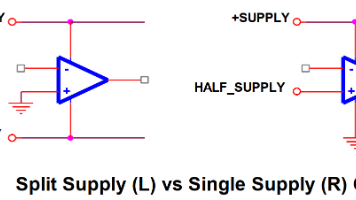raise NotImplementedError
Python编程中raise可以实现报出错误的功能,而报错的条件可以由程序员自己去定制。在面向对象编程中,可以在父类中先预留一个方法接口不实现,在其子类中实现。如果要求其子类一定要实现,不实现的时候会导致问题,那么采用raise的方式就很好。而此时产生的问题分类是NotImplementedError。示例:class FatherClass:def func(self):...
·
Python编程中raise可以实现报出错误的功能,而报错的条件可以由程序员自己去定制。在面向对象编程中,可以在父类中先预留一个方法接口不实现,在其子类中实现。如果要求其子类一定要实现,不实现的时候会导致问题,那么采用raise的方式就很好。而此时产生的问题分类是NotImplementedError。
示例:
class FatherClass:
def func(self):
raise NotImplementedError("ERROR: func not implemented!")
class ChildClass(FatherClass):
pass
obj = ChildClass()
obj.func()在以上例子中,子类没有实现父类中的func函数,在用子类生成类对象的时候不会出错,但在调用父类的func函数的时候,会爆出以下错误:
Traceback (most recent call last):
File "/media****/test.py", line 111, in <module>
obj.func()
File "/media****/test.py", line 104, in func
raise NotImplementedError("ERROR: func not implemented!")
NotImplementedError: ERROR: func not implemented!即,在调用父类的func函数时,python会自动识别该函数有没有在子类中被实现。
要改正以上错误只需要在子类中实现父类的func函数就行了,如下:
class FatherClass:
def func(self):
raise NotImplementedError("ERROR: func not implemented!")
class ChildClass(FatherClass):
def func(self):
print("hello world!")
obj = ChildClass()
obj.func()运行结果如下:
hello world!
更多推荐
 已为社区贡献14条内容
已为社区贡献14条内容









所有评论(0)